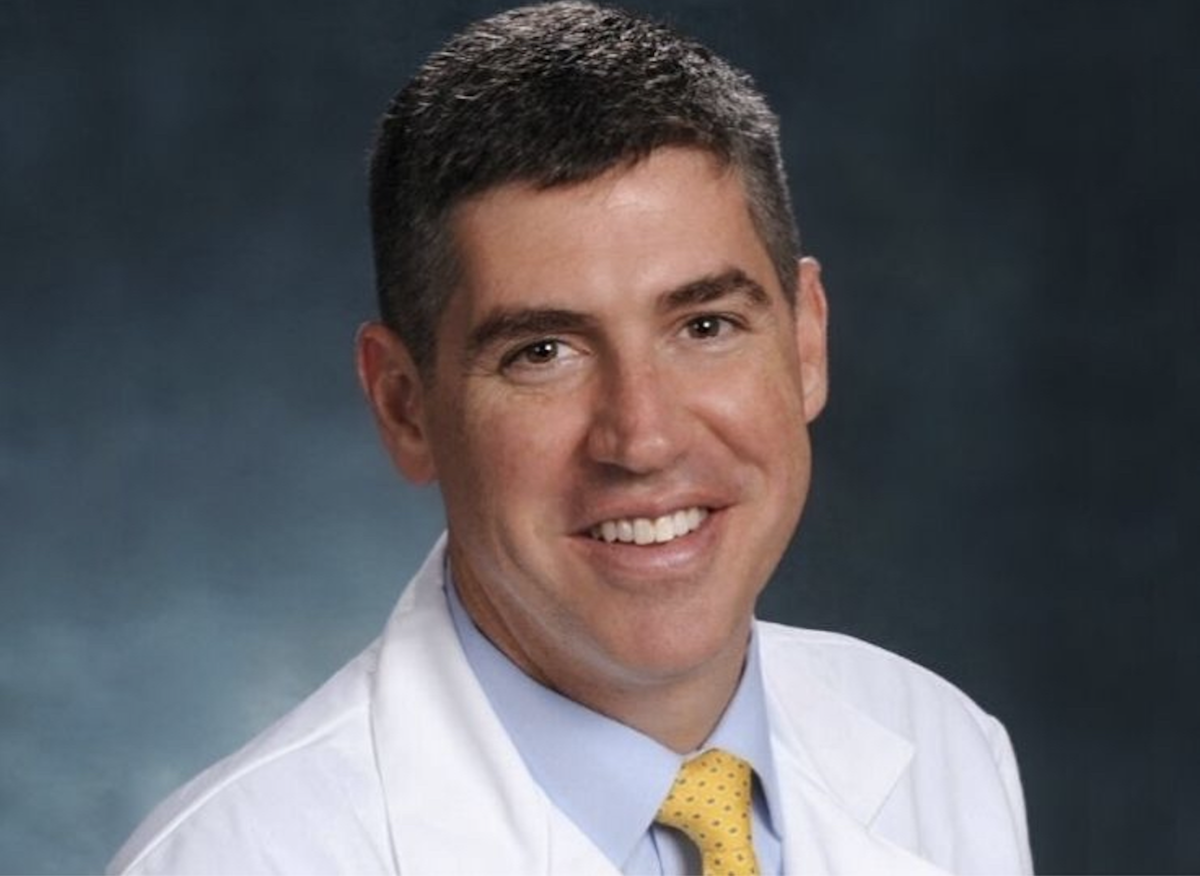Two Brendan Carrs Tout the Importance of Telemedicine in a US Telecom Webcast
May 20, 2020 — In a web forum Wednesday, Federal Communications Commissioner Brendan Carr said that while the U.S.’s broadband response to the coronavirus pandemic has been satisfactory, the country still has room to improve with applications such as telemedicine. The US Telecom forum featured a con










Member discussion